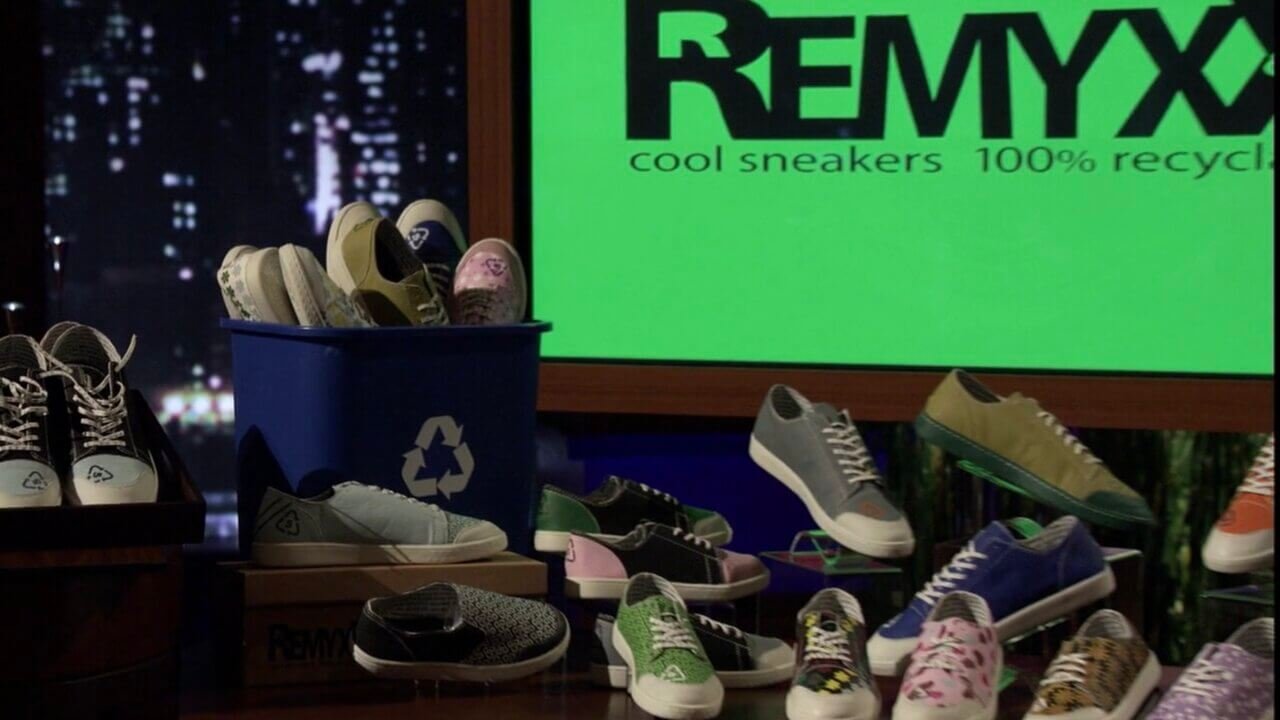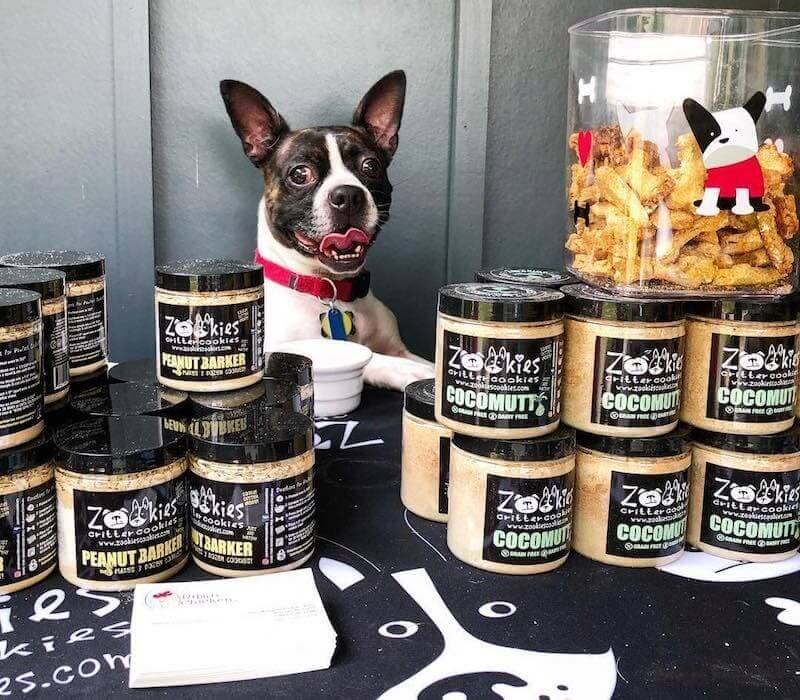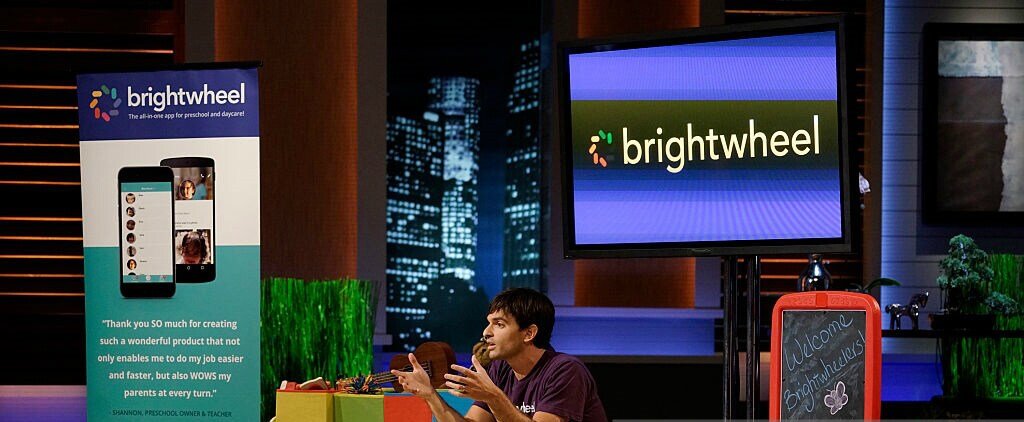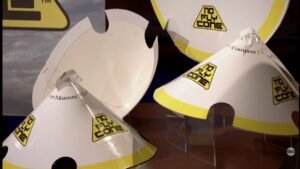You’ve heard the pitch a hundred times: We got a deal on Shark Tank, so we made it. But the real players know that’s just step one. Now, let’s talk about REMYXX—later renamed REKIXX—because their pitch in Season 3 was one for the books. It was classic Shark Tank: high on mission, guts, and raw founder hustle. But did this eco-sneaker actually cash in, or did it just turn into another dream ground down by the grind? Let’s cut through the hype.
REMYXX’s Big Pitch Moment: Gary Vs. The Sharks
Gary Gagnon wasn’t Silicon Valley polished. He was a former vice principal from New Jersey, not a serial inventor with endless cash. When he stepped out onto that Shark Tank carpet in 2012, you could feel the stakes. He wanted the spotlight — not for some gimmick, but to sell America on the idea of a sneaker you could actually recycle. Bold? For sure. Crazy? Maybe a little.
What made this pitch stand out? It wasn’t just a founder with a dream. It was a real shot at tackling the piles of waste the shoe industry leaves behind. The question wasn’t if the idea sounded good; it was whether Gary could convince the Sharks (and the viewers) he could pull it off when the cameras shut off.

What Made REMYXX Different? Eco-Sneakers Before “Sustainable” Was Cool
Let’s not sugarcoat it: sneakers are terrible for landfills. Tons of fused rubber, plastics, and glues—most end up as trash for centuries. Enter REMYXX. Gary’s pitch was audacious. His sneakers looked like any modern kicks you’d buy off the shelf, but every part—sole, upper, laces—was designed to go back into the recycling stream.
In 2012, eco wasn’t a buzzword the way it is now. Most shoe brands barely paid attention to the green movement. Gary saw the gap. His idea? Make sustainable cool, not crunchy. Think Converse vibes, but planet-friendly.
I’ve watched pitches where founders chase a trend—they talk up vegan shoes or hemp tees like they’re the next Tesla. Not Gary. He felt the sting of schoolkids wearing out sneakers, saw them get tossed, and knew there had to be a fix. He wanted to be early, not just right.
The Ask: $50,000 for 10% Equity. Big Dreams, Big Risks
Here’s where you separate the hustlers from the hopefuls. Gary went in asking for $50,000 for 10% equity—a sharp $500,000 valuation with zero sales at the table. You can see why the Sharks’ eyebrows shot up.
If you’ve pitched before, you know this is where founders mess up: delusional numbers, or wild asks that scare off real money. But Gary wasn’t just flinging numbers. He had a vision—the recyclable sneaker could be a movement, not just a product.
Still, the number was tough to swallow. No sales, no track record, just a prototype and a dream. If you want Sharks to bite, you better come with receipts—or be ready to take a hit on valuation.
Counting the Cash: REMYXX Net Worth After Shark Tank
Reality check: on-air valuations mean nothing until money hits the bank. REMYXX’s net worth never really became tangible. After Shark Tank, Gary hustled. He scored some Kickstarter backing, pushed online sales, kept the message alive.
But here’s the thing—traction was slow. This wasn’t a Bombas-level explosion. Margins were tight, sneaker competition was brutal, and the dollars just didn’t stack up.
When you look back, REMYXX’s net worth after Shark Tank dropped fast. No massive DTC boom, certainly no acquisition. By 2019, the company was shut down and the website dark. Today, on SharkWorth, the number is clear: zero. That’s the side of entrepreneurship most viewers don’t see.
Shark Tank Response: Who Bit, Who Didn’t?
Let’s break down the tank politics. Daymond John, the fashion shark (FUBU, anyone?), saw a twinkle of possibility. He made an on-air offer, but it came with hard terms—he wanted a controlling chunk, betting on either a rocket or a write-off.
The others? Kevin O’Leary and Barbara Corcoran smelled risk immediately. Mark Cuban and Robert Herjavec were polite, but this market’s a meat grinder, and they knew it.
Here’s what matters: even when a Shark signs a handshake, deals fall through after the cameras. That’s exactly what happened here. No paperwork, no cash infusion. Gary had to grind solo, using the Shark Tank appearance as marketing—not as a golden ticket. I’ve seen it before: exposure lifts you but doesn’t carry you to profit.
Post-Show Hustle: Kickstarter, Rebrand, and The Wall
Fork in the road time. Some founders leave Shark Tank and coast. Not Gary. He worked the momentum, ran a Kickstarter, got a new logo, and rebranded as REKIXX. They sold some pairs. Early adopters loved them—the reviews were solid.
But scaling sneakers is a cutthroat game. Giants like Nike and Adidas barely blink when a tiny upstart launches. Costs to manufacture are high, especially when you’re insisting on 100% recyclability in low volumes.
I’ve seen companies in this boat: good press isn’t enough. REMYXX’s online store stayed live for a few years, but wholesale didn’t pan out. Retailers weren’t interested without major volume, and turns out, the green angle—while noble—didn’t deliver the instant sales the business needed. Even passionate customers can’t make up the gap if CAC (customer acquisition cost) is sky-high and repeat buys are slow.
Where Is REMYXX Now? Cold Truth: It’s Gone
Let’s not sugarcoat it. REMYXX (REKIXX) closed in 2019. Zero inventory, zero online presence. The site’s gone. You won’t find the shoes anywhere, not eBay, not off-price. Gary hung up the dream. That’s refreshing honesty in a world obsessed with fake after the tank success stories. Check SharkWorth? No value left to list.
There’s no shame here. Most startups hit the wall, especially in fashion. To sell shoes, you need deep pockets, production scale, and relentless marketing—a triple threat only a few survive. Gary had the vision but not the bankroll.

Lessons for Founders: Straight Talk From the Trenches
Entrepreneur? Thinking of pitching your eco-idea? Learn from REMYXX, not by copying, but by understanding what tripped them up.
First, timing: Gary was early. Great for credibility, bad if your audience isn’t ready to move en masse. Second, capital: It costs a fortune to make shoes at scale—especially when your USP (unique selling point) is also your biggest cost driver.
Third, market entry: Even a Shark Tank splash can’t guarantee survival. The sneaker market doesn’t care about your cause if your shoe isn’t as cool, comfortable, and affordable as the competition.
To scale direct-to-consumer, you need viral moments (think Scrub Daddy or Bombas) or serious influencer firepower. REMYXX didn’t get either, and the mainstream just wasn’t ready. That’s the risk in any pitch with good intentions and thin margins.
Final lesson? Respect the hustle. Gary didn’t ghost customers or pretend the numbers were better than they were. He tried. When it ran out of runway, he shut it down clean. That takes guts most folks never see.
Conclusion: REMYXX’s Legacy in Green Kicks
REMYXX pushed the sneaker talk in the right direction. Was Gary a hero of sustainable fashion? Maybe not by sales—but he was early, and the push mattered. Now, eco-sneaker brands are everywhere. The green shift is real, and customers care more every year.
So, REMYXX/REKIXX didn’t cash out big, but Gary’s grind helped start a conversation that’s only getting louder. Sometimes, that’s what counts.
Want the full stats and story? Check SharkWorth for Shark Tank net worth updates and real, no-BS business breakdowns. REMYXX’s run is over, but the movement’s just heating up.
Frequently Asked Questions
1. Is REMYXX still in business after Shark Tank?
No. REMYXX (later REKIXX) closed for good in 2019. The sneakers aren’t available anywhere as of 2025.
2. Did REMYXX get a deal with Daymond John?
Daymond John offered a deal on TV. But nothing was signed after the show, so no investment ever happened.
3. What happened to REMYXX after Shark Tank?
They launched a Kickstarter, sold online, and rebranded as REKIXX, but couldn’t hit scale or survive long-term.
4. Who created REMYXX?
Gary Gagnon, a former vice principal from Moorestown, New Jersey. He went from educator to eco-founder.
5. How much was REMYXX worth after Shark Tank?
Gary pushed a $500,000 valuation on-air, but weak sales and a shut-down now leave the net worth at zero.
6. Why did REMYXX fail?
Low sales, cutthroat sneaker competition, and high manufacturing costs. The market just wasn’t ready—yet.
7. Are REMYXX or REKIXX shoes still sold anywhere?
No. There’s no remaining inventory and nothing online as of 2025.
8. What’s the legacy of REMYXX in sustainable fashion?
They sparked early green sneaker talk, even if the business closed. The sustainability trend is thriving.
If you’re a side hustler, dreamer, or someone scouting for the next green product wave, look at REMYXX as the real deal—warts and all. You don’t have to win every time to push the game forward. That’s the kind of story Shark Tank doesn’t always tell, but it’s the hustle every founder needs to hear.










